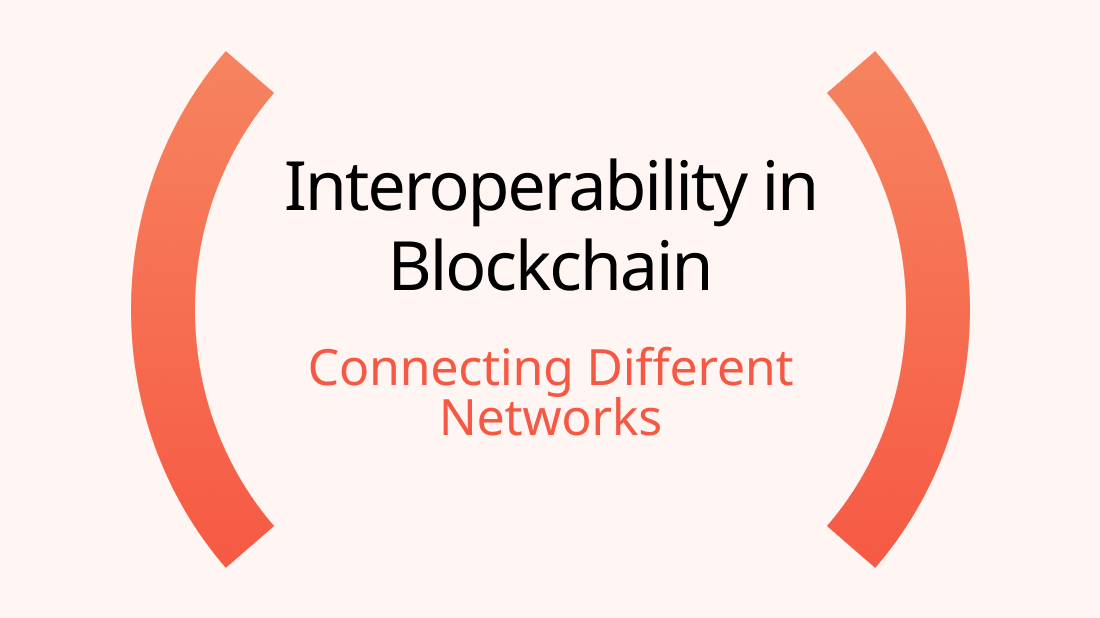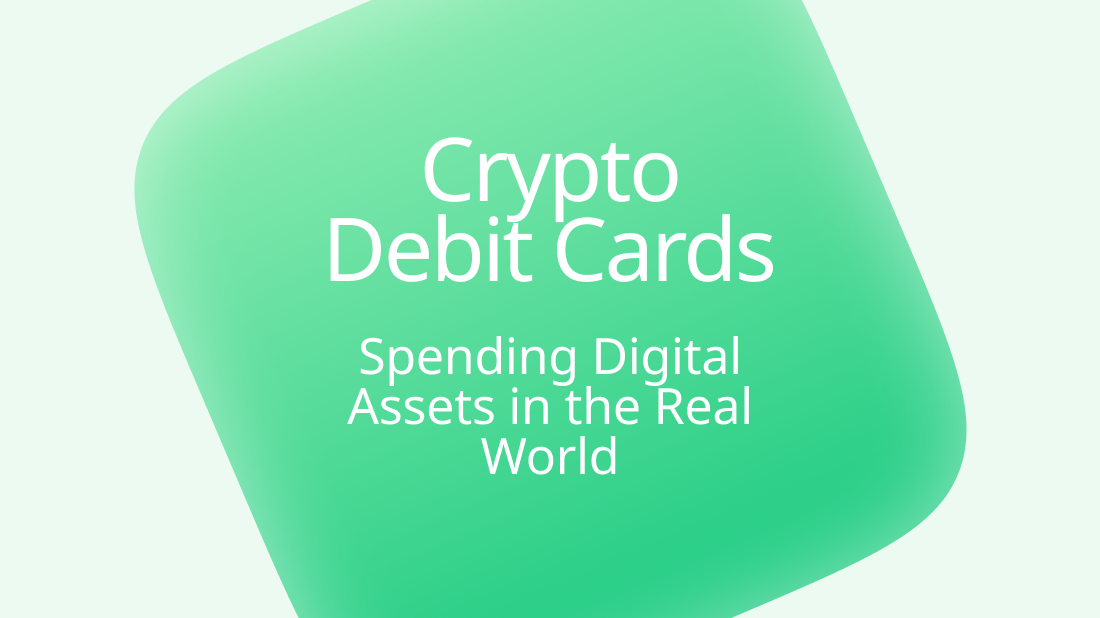Cryptocurrency and Financial Inclusion: Bridging Gaps Globally

In an increasingly interconnected world, access to financial services is not just a luxury but a fundamental right. However, millions of people worldwide remain excluded from the traditional banking system, facing barriers such as high transaction costs, geographical limitations, and lack of documentation. In this article, we explore how cryptocurrencies are revolutionizing financial inclusion, particularly in regions with limited access to traditional banking, and empowering individuals to participate in the global economy.
The Promise of Financial Inclusion with Crypto
- Overcoming Geographic Barriers:
Cryptocurrencies enable peer-to-peer transactions across borders, bypassing the need for intermediary financial institutions. This accessibility is particularly beneficial for individuals in remote or underserved regions where traditional banking infrastructure is scarce.
- Lowering Transaction Costs:
Traditional financial services often come with high fees and minimum account requirements, making them unfeasible for individuals with limited resources. Cryptocurrencies offer low-cost alternatives for sending and receiving money, eliminating the need for expensive intermediaries and reducing transaction fees.
- Empowering the Unbanked:
For the millions of unbanked individuals worldwide, cryptocurrencies provide a pathway to financial inclusion. By simply owning a smartphone and internet access, anyone can create a cryptocurrency wallet and participate in the global economy, regardless of their socio-economic background.
Crypto for the Unbanked: Real-World Examples
Remittances:
Remittances play a vital role in supporting families and communities in developing countries. However, traditional remittance channels are often slow, costly, and inefficient. Cryptocurrencies offer a faster and more affordable alternative, allowing migrants to send money home with lower transaction fees and faster settlement times.
Access to Savings and Credit:
Cryptocurrencies enable individuals to access savings and credit services without relying on traditional banking institutions. Through decentralized finance (DeFi) platforms, users can earn interest on their crypto holdings, borrow funds against their assets, and participate in lending and borrowing pools, thereby unlocking new opportunities for financial empowerment.
Micropayments and Financial Services:
Cryptocurrencies facilitate micropayments, enabling users to transact in small denominations with minimal fees. This capability is particularly beneficial for individuals in developing countries who rely on small-scale transactions for everyday purchases, access to digital content, and payment for essential services.
Global Access to Cryptocurrency: Challenges and Opportunities
- Digital Literacy and Education:
To fully harness the benefits of cryptocurrency for financial inclusion, efforts must be made to improve digital literacy and educate users about the risks and opportunities associated with digital assets. By providing accessible educational resources and training programs, individuals can develop the skills and knowledge needed to safely navigate the crypto landscape.
- Regulatory Clarity and Compliance:
Regulatory uncertainty and compliance requirements pose significant challenges to the widespread adoption of cryptocurrencies for financial inclusion. Governments and regulatory bodies need to establish clear guidelines and frameworks that balance consumer protection with innovation, fostering a conducive environment for the growth of crypto-enabled financial services.
- Infrastructure and Connectivity:
While cryptocurrencies offer a decentralized and borderless means of financial access, infrastructure and connectivity remain essential prerequisites for adoption. Investments in telecommunications infrastructure, internet access, and mobile technology are crucial for ensuring that individuals in remote and underserved regions can participate in the digital economy.
Conclusion: Advancing Financial Inclusion with Crypto
Cryptocurrencies have the potential to revolutionize financial inclusion by providing accessible, affordable, and secure financial services to underserved populations worldwide. By leveraging the transformative power of blockchain technology, we can bridge the gaps in the traditional banking system, empower individuals to take control of their financial futures, and build a more inclusive and equitable global economy. As we continue to explore the potential of cryptocurrency for financial inclusion, let us work together to unlock new opportunities and create a more inclusive financial system for all.












